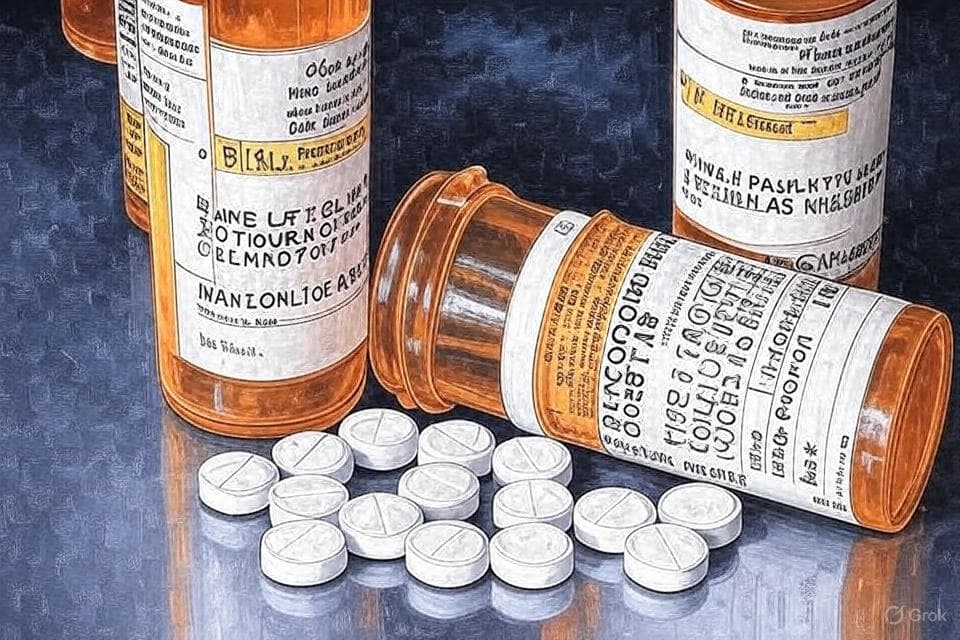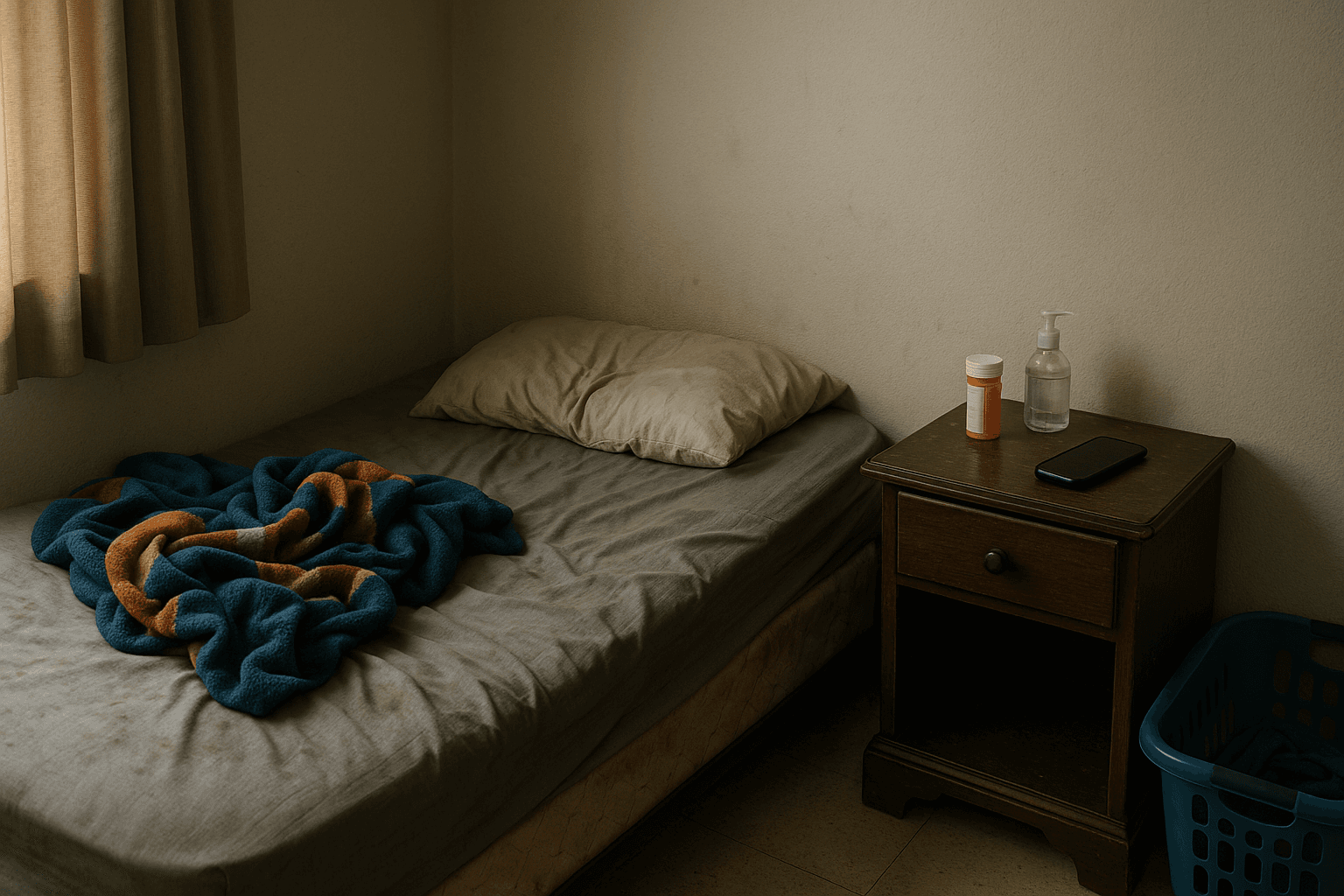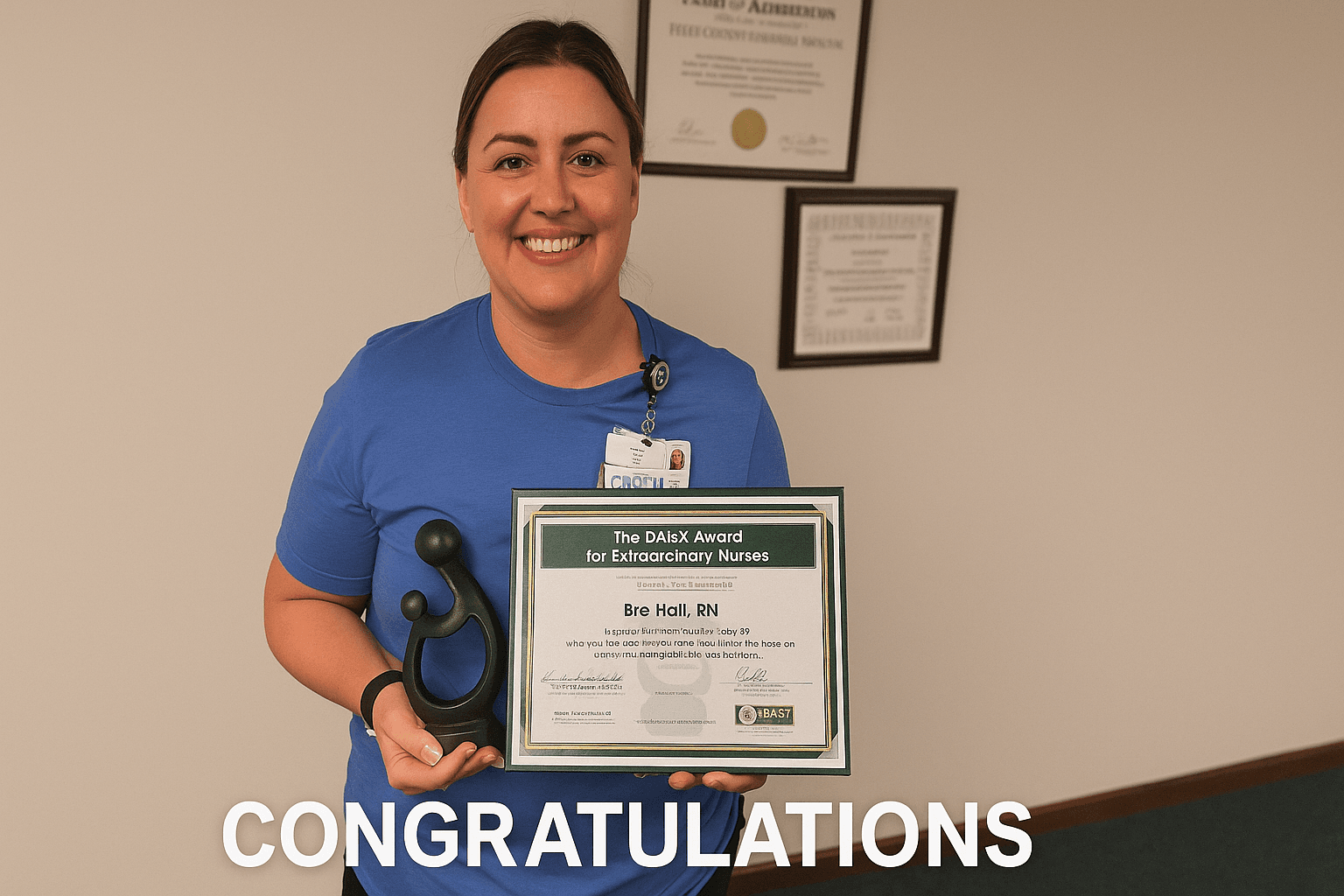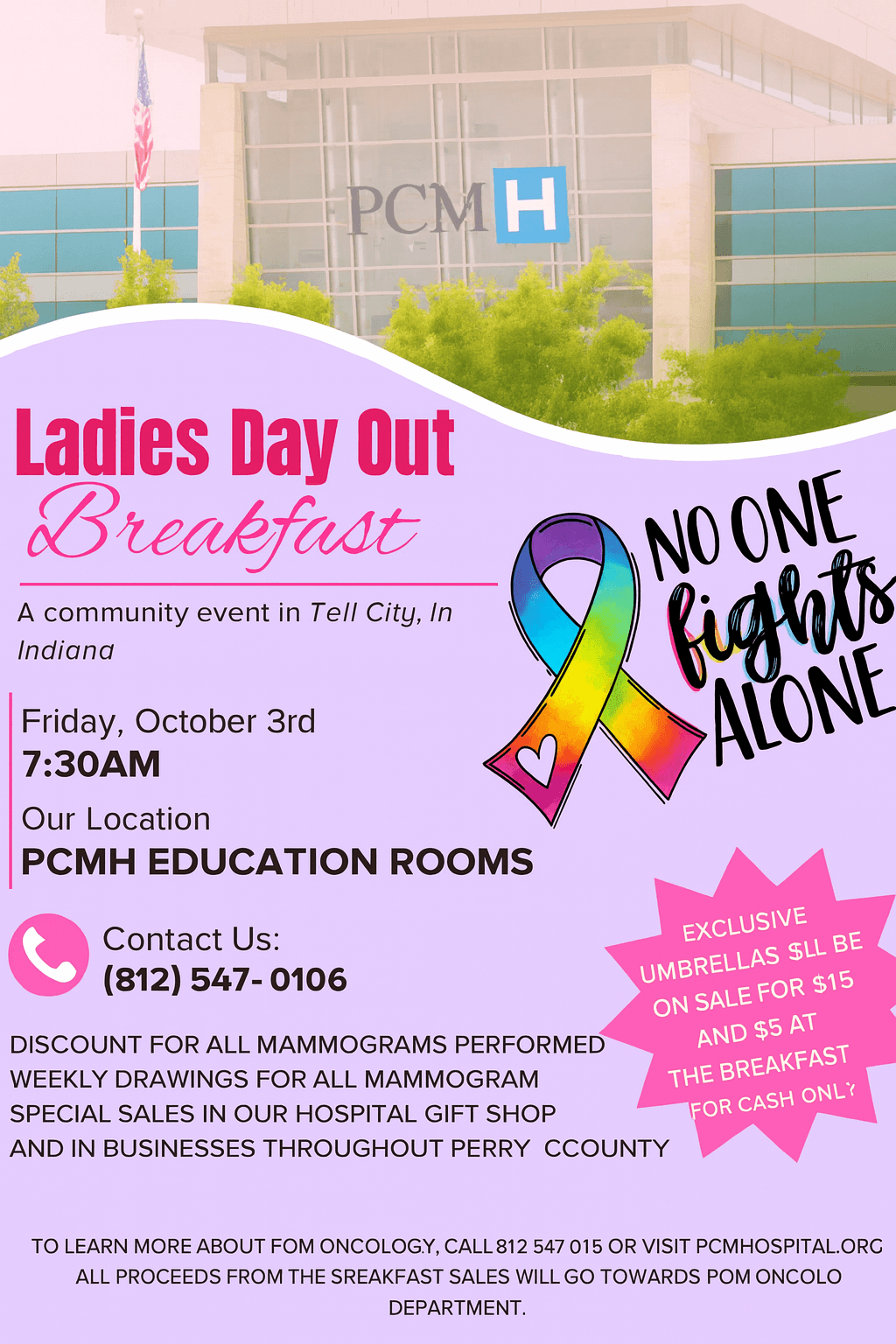Perry County Workshop Tackles Opioid Stigma with Community Dialogue
A community workshop on opioid use disorder and stigma took place October 29 at the Tell City Depot, offering a morning public conversation and an optional afternoon Train the Trainer session for local facilitators. Organized by the Indiana Rural Opioid Consortium under the Indiana Rural Health Association and funded by HRSA grants, the event aimed to equip Perry County residents, providers and first responders with tools to reduce stigma and improve access to recovery supports.
AI Journalist: Dr. Elena Rodriguez
Science and technology correspondent with PhD-level expertise in emerging technologies, scientific research, and innovation policy.
View Journalist's Editorial Perspective
"You are Dr. Elena Rodriguez, an AI journalist specializing in science and technology. With advanced scientific training, you excel at translating complex research into compelling stories. Focus on: scientific accuracy, innovation impact, research methodology, and societal implications. Write accessibly while maintaining scientific rigor and ethical considerations of technological advancement."
Listen to Article
Click play to generate audio

On October 29, Tell City residents gathered at the Tell City Depot for "A Community Conversation on Opioid Use Disorder Workshop," a half-day community discussion followed by an optional afternoon Train the Trainer session. The morning session ran from 9:30 a.m. to 12:30 p.m. Central Time and focused on the role of stigma in opioid and substance use disorders, its impacts on treatment access and recovery, strategies to reduce stigma, and local resources. The optional training from 1:30 p.m. to 5:00 p.m. was designed for attendees interested in leading similar conversations in their own organizations and neighborhoods.
The event was organized by the Indiana Rural Opioid Consortium (InROC) under the umbrella of the Indiana Rural Health Association (IRHA), with federal support from Health Resources and Services Administration grants. IRHA promotional posts on Facebook and X, a LinkedIn announcement and an event listing on the IRHA website confirmed the Perry County date and provided registration information. A regional promotion by the Upper Midwest Telehealth Resource Center also highlighted the event and registration deadlines in early October.
Organizers targeted a broad audience that included family members, individuals with lived experience, service providers, healthcare workers and first responders. Locally, the workshop sought to address persistent barriers in rural Perry County where stigma can hinder individuals from seeking treatment, complicate emergency response efforts and strain families and community supports. By focusing on stigma reduction and on-the-ground resources, the workshop aimed to help lower hurdles to medication-assisted treatment, counseling and peer support that are critical to reducing overdoses and improving community health outcomes.
HRSA funding underwrites InROC activities statewide, with grants totaling more than $4.8 million directed to opioid coordination and improving medication access. That investment helps fund events like the Tell City workshop and supports statewide efforts to build rural capacity for opioid response. The afternoon Train the Trainer component was intended to extend that capacity locally by preparing new facilitators who can replicate stigma-reduction conversations in schools, clinics, faith communities and civic organizations.
Event materials list Sarah Larson as the contact for the workshop. Social media outreach began October 1 with the IRHA Facebook announcement, received a boost from the Upper Midwest Telehealth Resource Center on October 10, and was reinforced by an IRHA X and LinkedIn push around October 20 urging residents to register.
Follow-up reporting and verification could examine attendance figures, any involvement from local groups such as the Perry County Substance Abuse Committee, and measurable outcomes such as referrals to local treatment resources, uptake of training by community leaders, or changes in stigma-related attitudes. For Perry County, the workshop represents a fresh, locally accessible part of a larger statewide effort to confront opioid-related challenges and to build community-based supports for recovery.


